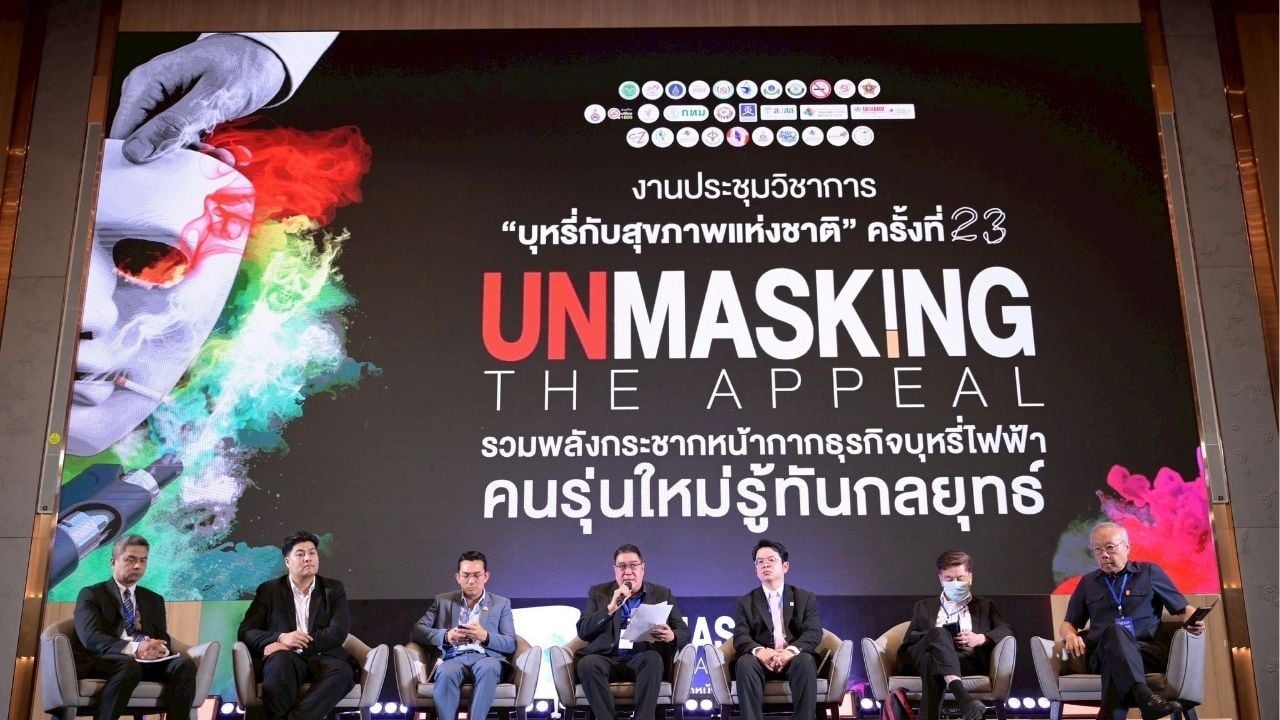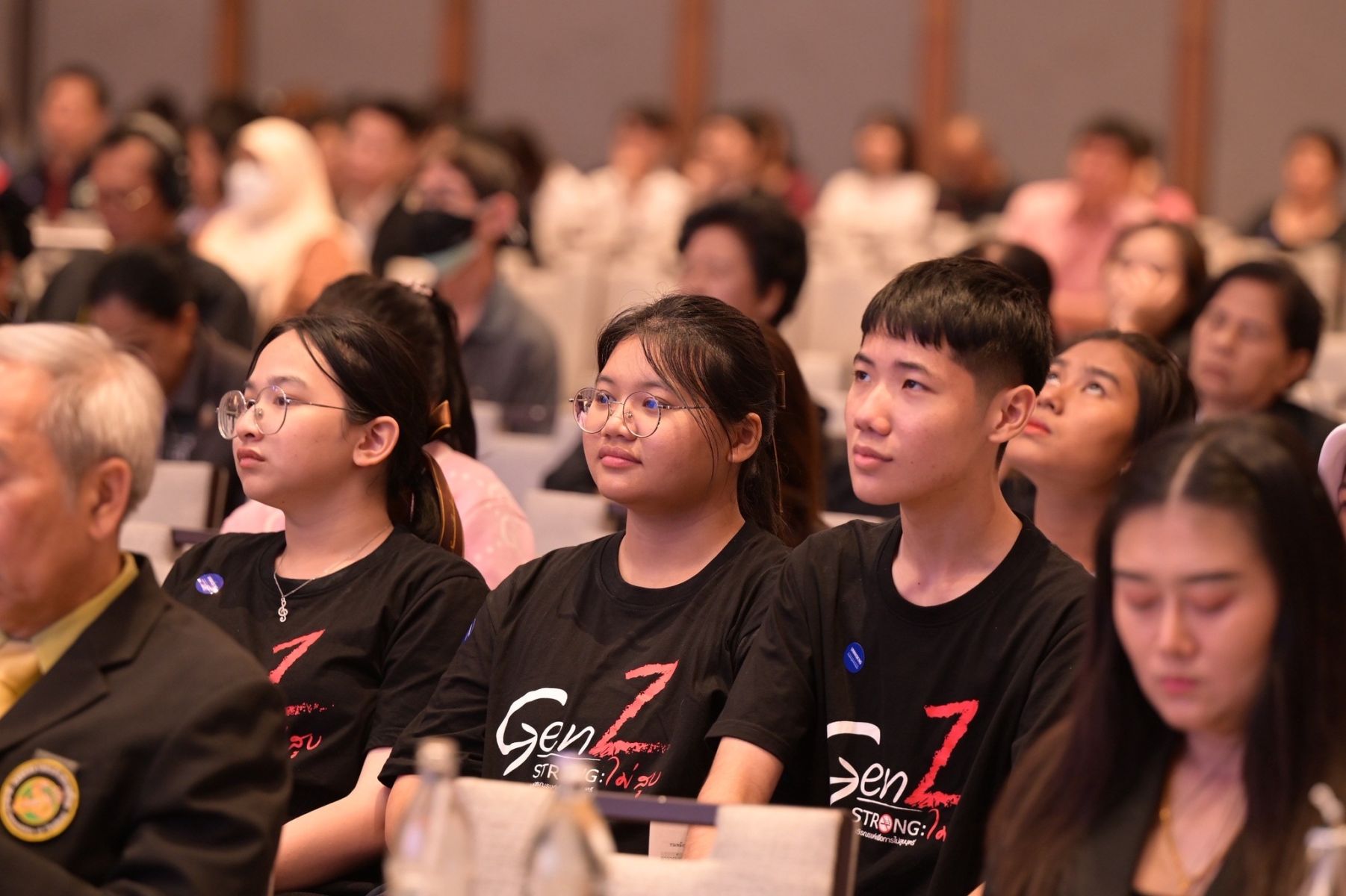Thailand’s vape ban gets WHO seal of approval
Officials spotlight industry tactics at national health forum in Bangkok on World No Tobacco Day

The World Health Organisation (WHO) has endorsed Thailand’s ongoing prohibition on importing and selling e-cigarettes, while the Thai Health Promotion Foundation (ThaiHealth) has committed to reducing vaping among young people through a “denormalisation” initiative.
WHO Thailand senior public health specialist Dr Olivia Nieveras said that Thailand’s e-cigarette ban aligns with empirical evidence on the harm caused by vaping products and the WHO Framework Convention on Tobacco Control (FCTC), which Thailand joined in 2003. She encouraged all involved parties to adhere to Article 5.3 of the FCTC, which emphasises protecting society from the tobacco industry’s commercial interests.
The theme for World No Tobacco Day, observed on May 31, was Unmasking the Appeal: Exposing Industry Tactics on Tobacco and Nicotine Products. The campaign aims to highlight the strategies used by the tobacco and nicotine industries to make their harmful products appear attractive, according to the WHO.
Dr Nieveras made these comments at a briefing organised by ThaiHealth and the Tobacco Control Research and Knowledge Management Centre (TRC) during the 23rd National Health and Cigarette Control Forum in Bangkok.


Action on Smoking and Health Foundation president Dr Prakit Vathesatogkit noted that the influence of businesses and political entities selling vapes complicates countries’ efforts to comply with Article 5.3. Consequently, the WHO has advised these countries to exclude representatives of cigarette companies from participating in the E-Cigarette Control Policy Board or similar bodies.
Dr Prakit said that over the past 32 years, his foundation and anti-tobacco networks have contributed to a 49% reduction in smoking in Thailand. Nonetheless, 9.8 million smokers remain, with many young people still adopting the habit.
ThaiHealth manager Dr Pongthep Wongwatcharapaiboon highlighted that e-cigarette manufacturers have modified their promotional strategies, portraying e-cigarettes as a safer and more acceptable alternative to traditional tobacco products, thereby appealing to potential new and younger users.

A survey conducted by ThaiHealth, the Office of the Basic Education Commission, and the Equitable Education Fund (EEF) among 124,606 students across 1,699 elementary and secondary schools nationwide revealed that 25% had tried e-cigarettes, 22% had friends who vaped, and 20% lived in communities where vaping is common, reported Bangkok Post.
Dr Pongthep said that exposure to e-cigarettes often correlates with a person’s social environment. In response, ThaiHealth has launched an e-cigarette “denormalisation” initiative, aiming to provide factual information about e-cigarette use, primarily targeting young people.
“The campaign aims to shift the mindset from ‘cannot’ smoke to ‘don’t want to’ smoke.”
Latest Thailand News
Follow The Thaiger on Google News:


























